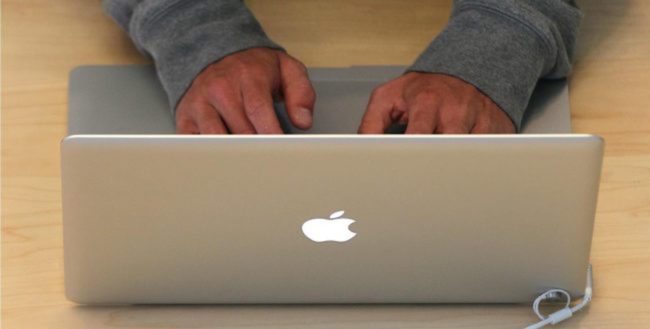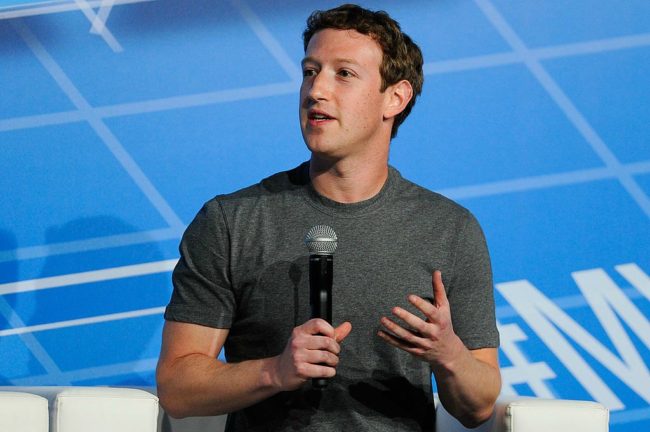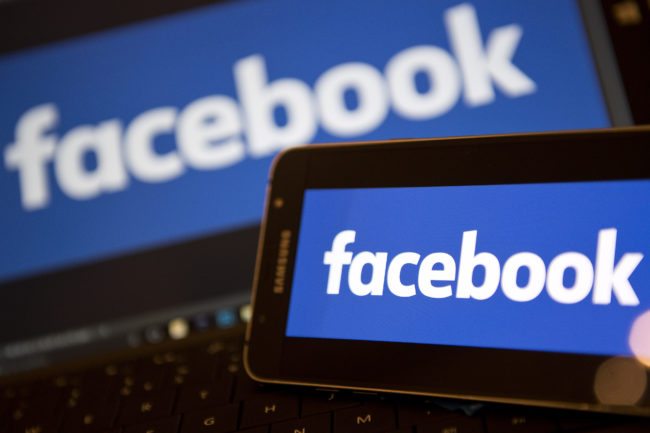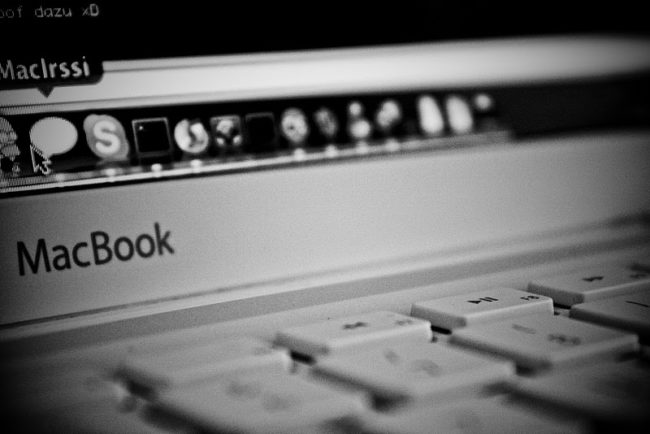Facebook could ask homophobes to rate the ‘trustworthiness’ of LGBT media

New rules which would ask Facebook users to rate the ‘trustworthiness’ of news outlets have been called into question.
In the latest change announced by Facebook founder and CEO Mark Zuckerberg last night, he said that some users would be asked to rate news media outlets’ trustworthiness.
The change is intended to allow Facebook to determine the quality of media outlets’ content and which content to show more frequently to its users.

“There’s too much sensationalism, misinformation and polarization in the world today,” Zuckerberg wrote in a post on Facebook.
“Social media enables people to spread information faster than ever before, and if we don’t specifically tackle these problems, then we end up amplifying them,” he added.
The move is intended to ensure that the News Feed only displays “high quality news”.

Zuckerberg also said that the amount of news displayed in the news feed would drop from five percent overall to four percent.
As LGBT people are estimated to make up five to ten percent of the global population, this would mean that the majority of the population would be judging content read by a minority.
LGBT identities are protected in the UK by the Equality Act 2010, but there is no federal protection in the US.
But the move has been criticised by some publishers who say that minority sites providing news to the Jewish or LGBT communities could be stifled if homophobes or anti-Semites downvote them for their trustworthiness.
In a group for publishers on Facebook, some called the move “troubling”, asking Facebook to clarify how it would vet the users it asked to rank news sites.

(Photo by JUSTIN TALLIS/AFP/Getty Images)
PinkNews Chief Executive Benjamin Cohen asked Facebook VP of News Feed, Adam Mosseri, how the site would ensure objectivity of the users asked to rank news sites.
He asked: “How will Facebook ensure that homophobes don’t label LGBT media as untrustworthy, anti-Semites label Jewish media as untrustworthy and at the same time trust the sources that spread hate?”
Mosseri, wrote on Facebook: “We’re not looking to vet people. We are looking to make sure that our samples are as representative of the population as possible.”
Scott Gatz, the founder of Q.Digital, asked: “We’ve specifically had to deal with page followers who are anti-gay commenting/flagging posts/etc, we’ve even had to escalate to your management. Now I fear that this will be a quiet way for them to make us go away.”
Mosseri added: “People can’t volunteer to weigh in on hiw trustworthy a page is, we pick a random sample of people to survey. Second, we only ask people who recognise a page if they trust it, so if you’re a small page we won’t have enough people and therefore this change won’t effect you.

(Getty)
“Third, even there are some biased people in the random sample responding for ideological reasons, it won’t effect ranking of your publication because no one group can, this is because we only look value publishers more or less if many different groups of people agree your publication is trusted, or distrusted.”
Benjamin Cohen, Chief Executive of PinkNews Media Group said: “The changes that Facebook is making could lead to homophobes being asked to evaluate the ‘trustworthiness’ of LGBT+ media.

“If large numbers of people tell Facebook that a publisher is untrustworthy, its content could be restricted for distribution on the Facebook newsfeed.
“This is unhealthy for democracy and for LGBT+ rights. I urge Facebook to issue greater clarity about how LGBT+ and other minority media will not unintentionally be discriminated against as a result of its policy changes.”
PinkNews has reached out to Facebook to clarify the new policy.

